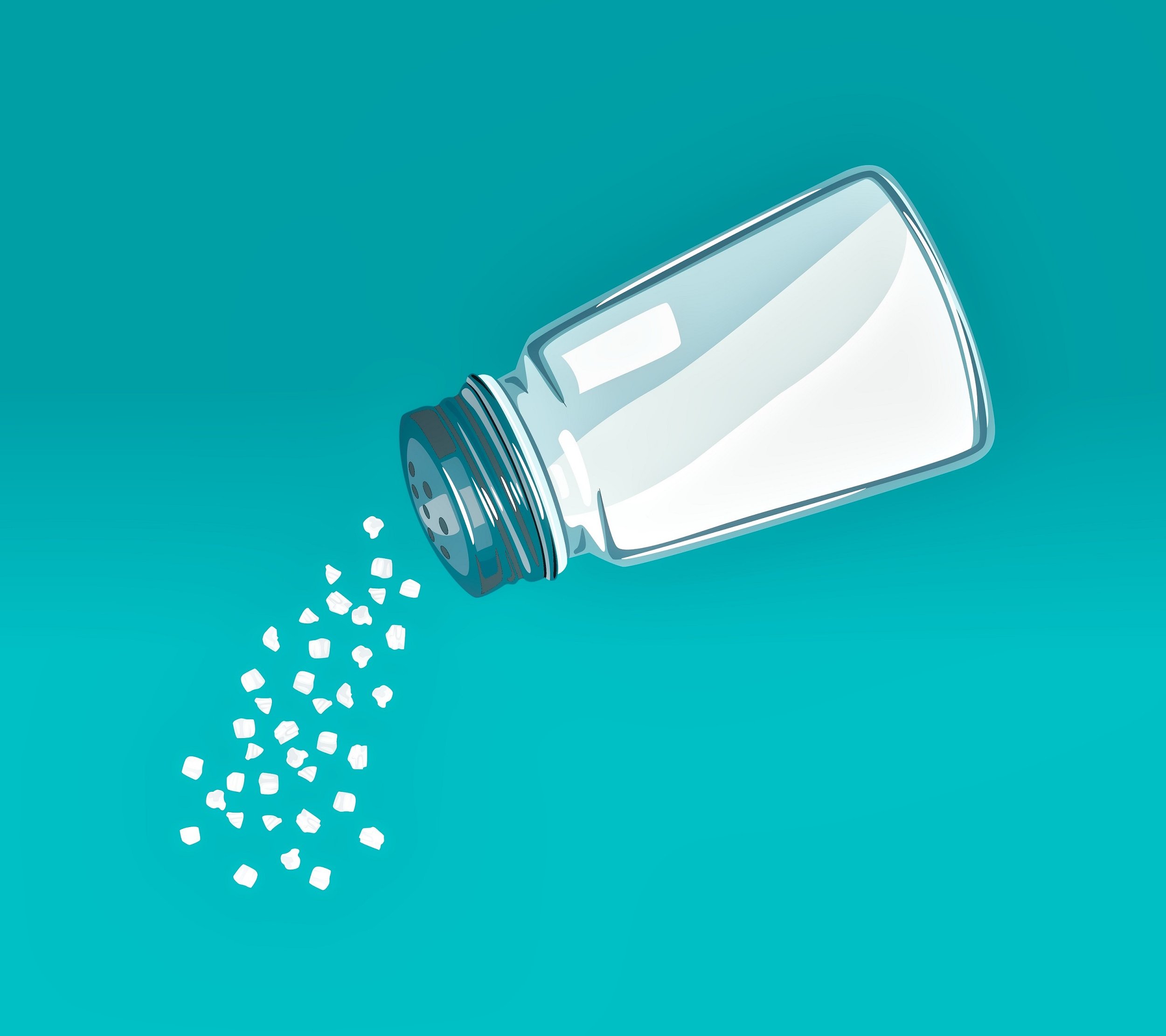High blood pressure is a significant risk factor for an early death. It has been known for some time now that a diet rich in salt increases blood pressure.
Nevertheless, salt is a vital ingredient to add taste to our meals. Scientists are therefore examining alternatives to conventional salt.
Research published in the peer-reviewed medical journal Heart has determined that salt substitutes lower the risk of cardiovascular disease (such as strokes and heart attacks) worldwide.
Image Credit: Sunnydream via Shutterstock/HDR tune by Universal-Sci
According to the researchers, over one billion people around the globe suffer from high blood pressure (more than 50% of which are undiagnosed).
The Study
Building on a huge study published in china that indicated reduced cardiovascular risks linked to salt substitutes, researchers set out to verify these results and see whether they were applicable worldwide.
The scientists combined data from over 20 international clinical trials (performed in Europe, Asia, and America) based on almost 30,000 research participants. The duration of the various trials ranged between one month and five years.
Positive effects across the board
Examination of the combined data revealed that salt alternatives reduced blood pressure in all of the subjects. Systolic blood pressure generally decreased by 4.61 mm Hg, while diastolic blood pressure decreased overall by 1.61 mm Hg.
Furthermore, declines in blood pressure appeared to be constant, regardless of age, gender, geography, weight/BMI, or history of high blood pressure.
The researchers declared that their findings support the adoption of salt substitutes in clinical practice and public health policy as a strategy to reduce dietary sodium intake.
If you are interested in more details about the study, be sure to check out the paper published in the medical journal Heart, listed below.
Sources and further reading:
Effects of salt substitutes on clinical outcomes: a systematic review and meta-analysis (heart)
Adding extra salt to your meals linked to a premature death (Universal-Sci)
If you enjoy our selection of content consider subscribing to our newsletter (Universal-Sci Weekly)
FEATURED ARTICLES:







